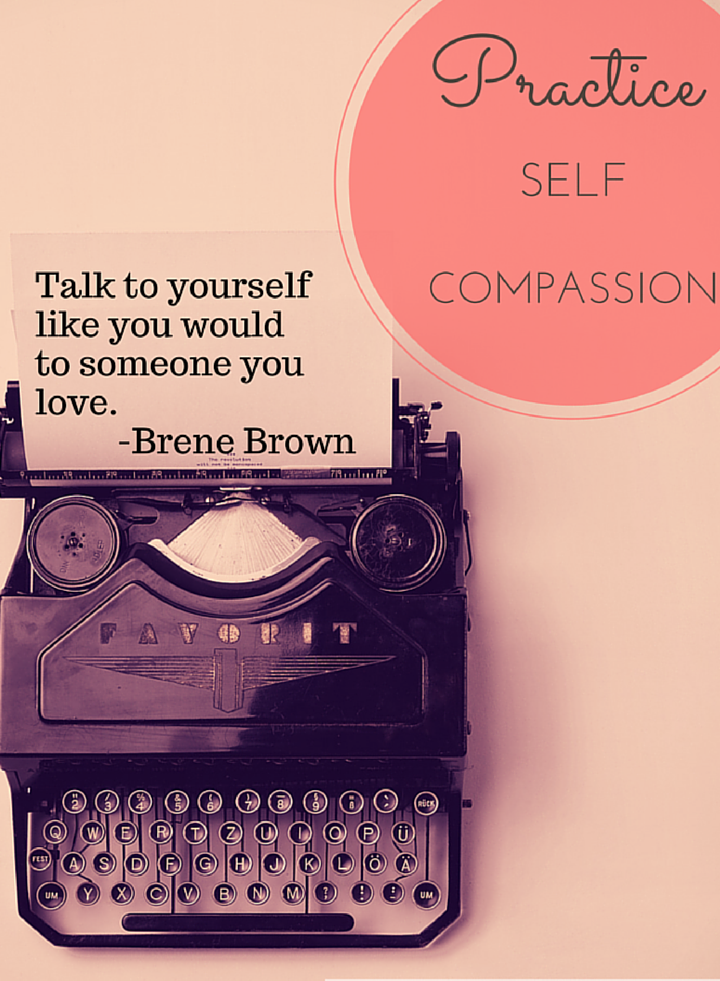What is the measuring stick for being a “good teacher”?
There are a million ways that question can be answered. The District might reply “high test scores”. The students might reply, “making learning fun”. The parents might reply “making learning rigorous and applicable to the real world”.
But what would you say?
Have you ever wondered, “Am I any good at this?” “Am I who the students really need?” “Do they need someone better/smarter/more capable/more patient/more put together/more experienced than I am?”
It’s important that we take a good hard look at what we are trying to attain to be a “good teacher”. I challenge you to make a list of all the things you think a good teacher would be/do.
Maybe these are some of the things on your list:
- well-planned, well-thought-through lessons each time
- great classroom management strategies that work
- engages her (or his) students with every lesson
- addresses all the standards in a year
- perfect test scores
- integrates technology and new methods with each lesson
- coaches and mentors other teachers
- smile on her face each day
- patient
- calm – feathers never ruffle
Wow – doesn’t that sound nice.
Now let’s come back to the real world. Is that definition of a “good teacher” even possible? All of the time??
The answer is NO.
Yes, the qualities listed above may be what a good teacher should strive for. But the “every time” and “always” absolutes in the list above (and in your list) are what kill us!
Now I know some of you are probably thinking, “you should strive to be the best you can be for every lesson”.
I get it. I’m a recovering perfectionist too.
As Brene Brown says in her book Daring Greatly, “Perfectionism is not self-improvement. Perfectionism is, at its core, about trying to earn approval. … It’s a ‘I am what I accomplish’ belief system.”
So this isn’t about striving, drive, goals, and ambition. Those are good! You should always be striving for self-improvement in your life whether that’s personally or professionally. But if you are having a hard time letting those tough moments/days/weeks/months/years go where you weren’t your best, you may be dealing with some perfectionism too.
So what is missing from my list (and maybe yours too) is this one…
Self-compassion
Self-compassion is absolutely critical (especially for those of us who struggle with perfectionism) for a couple of reasons:
1. Self-Preservation: If you are going to stay in this field, you have to learn this one! There will always be those days!! And it’s okay! But you can’t just know this in your head. You need to know it with your whole mind, body, and soul. It’s okay not to be perfect!! It’s actually BETTER to show your mistakes and struggles to students…which brings me to the second point:
2. Modeling the adult you want your students to become: This is my favorite because don’t we all know we didn’t get into teaching because we liked a particular lesson. We may have passion for certain subjects – but our real desire is to SHARE IT! We love to TEACH! And implicit in that statement is that we like to empower people to be learned, well-adjusted human beings. And part of that is the (very) fine line between ambition and compassion. Between striving and always striving. If you are crossing that fine line a lot, tying your own worthiness to your ability to “keep it together” or be a “good teacher”, then your homework is to read Brene Brown’s entire book, Daring Greatly (especially chapter 4) and to reflect on what it is that you are striving for…truly.
Modeling for students how to live in a way that both strives for greatness and gives an abundance of compassion to ourselves is what prepares them to meet the challenges of careers, college, relationships and more – LIFE! In order to take risks – create an invention, start a business, or apply for a job – you have to be willing to distance the outcome from your personal worthiness.
Well…then…crap. That means we have to deal with our issues too!! So, how do we tackle this one?
Dr. Kristin Neff, the mind behind the Self-Compassion Research Lab (www.self-compassion.org) says,
“Instead of mercilessly judging and criticizing yourself for various inadequacies or shortcomings, self-compassion means you are kind and understanding when confronted with personal failings – after all, who ever said you were supposed to be perfect?”
So if you are finding yourself riddled with doubt and negativity about your performance, practice self-compassion this week. You can find amazing free resources at Dr. Neff’s website with guided meditations, practical ideas and even a self-compassion quiz to see how you rate at this skill. My favorite of her ideas is a self-compassion journal. Check it out!
In closing – I’ll tell you right now – you are an amazing teacher. Wanna know why I think so? Because you are reading this post – trying to improve, seeking wisdom, and staying engaged. So lay the debate in your brain to bed. And begin working on self-compassion.
That will help you become a better teacher. In fact, it will make you an even better teacher than you already are.
Wholeheartedly yours,
~Alison, A Teacher’s Best Friend
What are ways that you practice (and model) self-compassion?

Leave a Reply